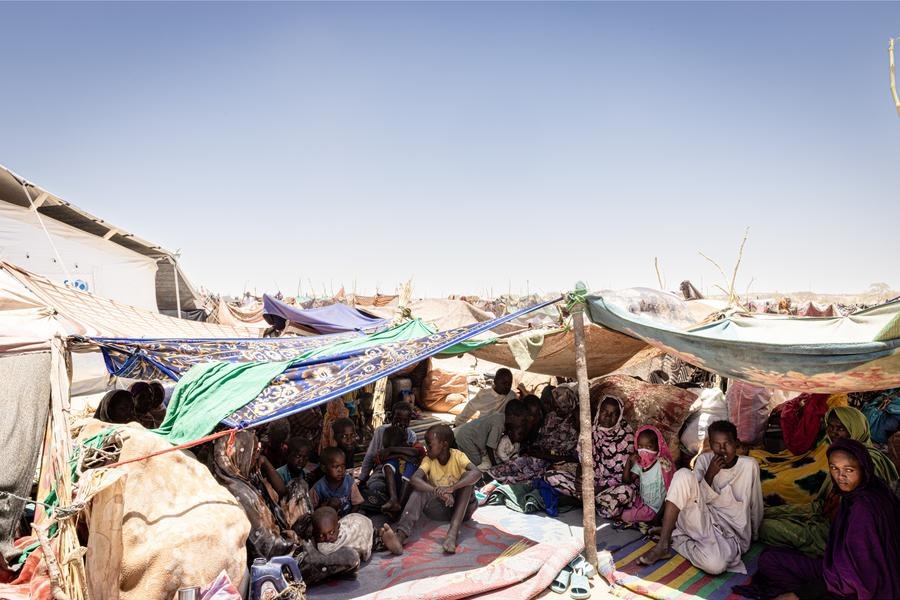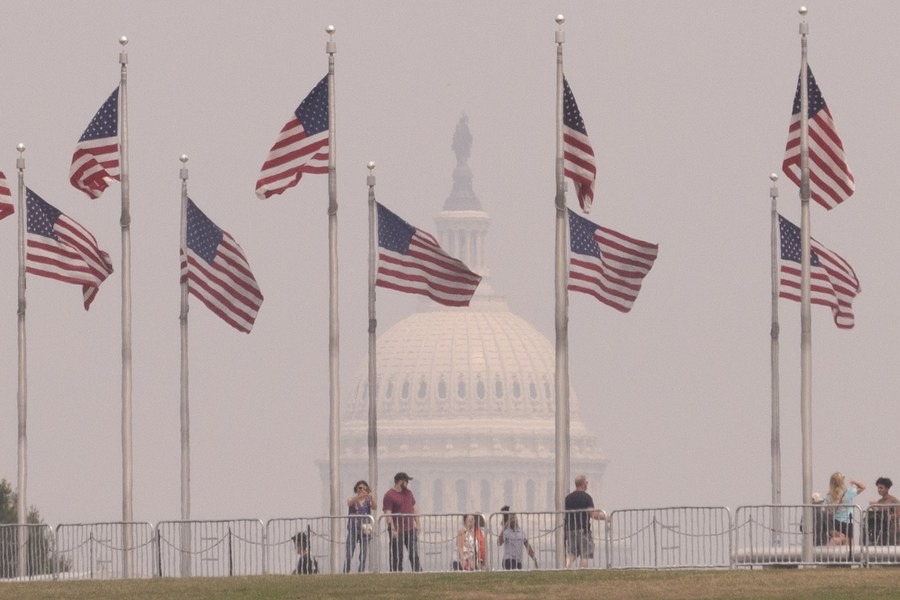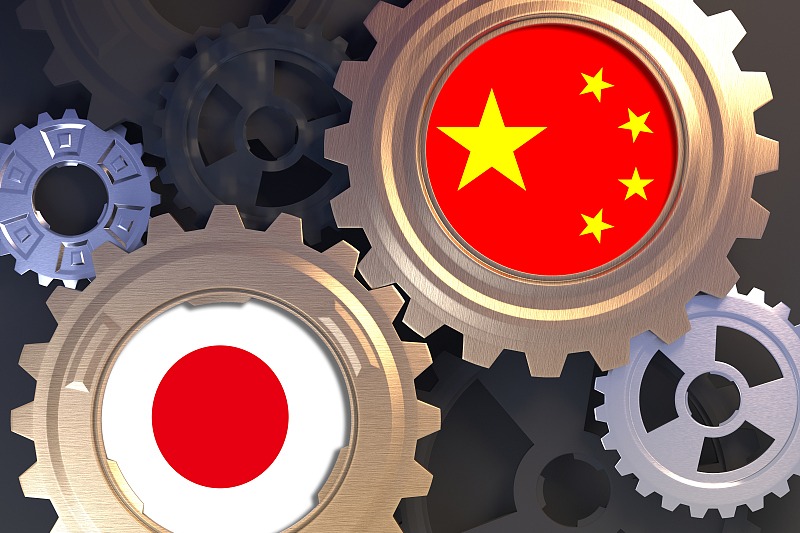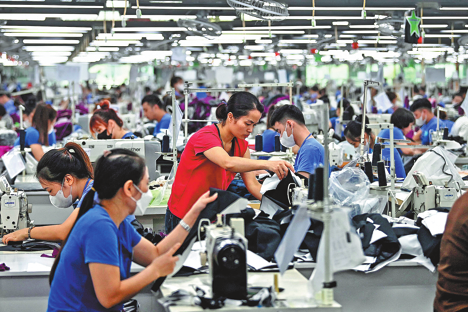Chinese FM elaborates on South China Sea issue

KUALA LUMPUR -- Chinese Foreign Minister Wang Yi on Saturday spoke to reporters about the South China Sea issue in response to questions while attending annual ASEAN Plus foreign ministers' meetings here.
Wang, also a member of the Political Bureau of the Communist Party of China Central Committee, said that the South China Sea issue is discussed every year at the meetings, and this year was no exception. "What struck me most this time is the clear temperature difference between regional countries and a few countries from outside the region."
At the China-ASEAN foreign ministers' meeting, the discussion on the South China Sea was held in a more calm and confident manner, because compared with other seas in the world, the South China Sea is clearly stable. There are no problems with freedom of navigation and overflight, Wang said.
Some countries outside the region continue to make irresponsible remarks about the South China Sea. Although their tone has notably softened this year, they have not stopped, he said, adding that seems they fear the South China Sea will not be chaotic. Regional countries are now well aware of these "old tricks."
Wang said he proposed that a new narrative should be built for the South China Sea. We should not always associate the South China Sea with friction, conflict, or confrontation, but with peace, stability, and cooperation. This should become the mainstream narrative in the future, stated the Chinese foreign minister.
China and ASEAN countries are working toward this direction, he said, adding there is still one country that seems out of sync with the others, but I believe it will eventually understand. Acting as a pawn for others will only lead to being sacrificed.
Wang said that China and ASEAN countries have agreed to upgrade the Declaration on the Conduct of Parties in the South China Sea (DOC) by formulating a Code of Conduct (COC) that is effective, substantive, and consistent with international law.
All sides also agreed to strive to conclude the COC as scheduled next year, he said. In the next stage, consultations will become more frequent, and the process will speed up. We have the confidence, capability, and wisdom to maintain stability in the South China Sea, remove external interference, and jointly build the South China Sea into a sea of peace, friendship, and cooperation.
Wang emphasized that during the meetings, he also elaborated on China's position regarding the so-called South China Sea arbitration case. This arbitration case has serious flaws in terms of fact-finding and application of law. It carried out actions that violated the United Nations Convention on the Law of the Sea under the name of the convention itself, and its damage to regional peace and stability as well as the maritime order has become increasingly evident.
Wang stated that we must ask: if compulsory arbitration can be abused, is there still value in diplomatic efforts? Should bilateral consultations be abandoned? Do commitments under the DOC still count? If territorial sovereignty and maritime demarcation issues are submitted for arbitration, should the exclusive declarations under the convention still be respected? Does an agreement between China and the Philippines to resolve disputes through dialogue still hold? And if all islands and reefs in the South China Sea are denied maritime entitlements, should the world's maritime map be redrawn?
In fact, this so-called arbitration case is a political manipulation and should be thrown into the trash heap of history, Wang said.
































